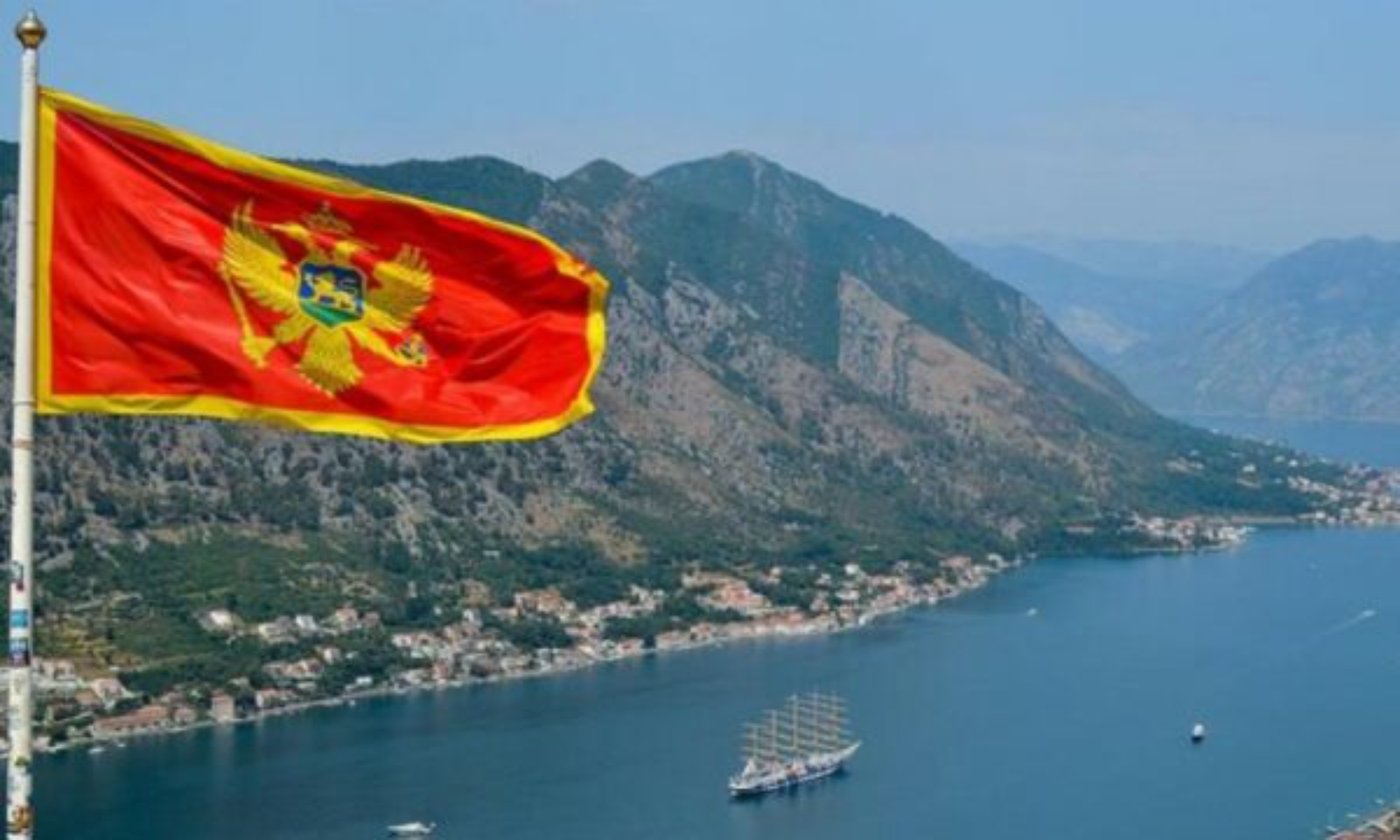Serbian institutions have consistently refused to share information about Montenegrin citizens residing in Serbia, which is a clear sign that Serbia aims to control the electoral system in Montenegro. This was stated by Drashko Jabucanin, an analyst from the Digital Forensics Center (DFC), in an interview with Montenegrin television E.
The DFC’s analysis indicates that changes to the Citizenship Law would significantly alter the demographic structure in the country. Jabucanin notes that previously, this NGO demonstrated that some radical and unimaginable ideas are becoming acceptable within Montenegrin society.
“Through this analysis, we wanted to show how supporters of this idea aim to act in a hybrid manner, infiltrating the Montenegrin electoral system. They have done this through emotional narratives, primarily targeting populations regarding their connections to Serbia, their relatives living in Serbia, and they attempt to mask the idea of dual citizenship through these emotional manipulations,” said Jabucanin.
He adds that the hybrid agenda represented by pro-Serbian circles has been recognized from the start and is linked to the promotion of narratives.
“These narratives were related to a return to the cradle of the East, the unification of brothers and sisters; all these narratives serve to mask an agenda that fundamentally seeks to minimize real and substantive discussion on the Citizenship Law. On the other hand, the Montenegrin public is being spread narratives that will obscure that entire history and put citizens in a position where they do not discuss this topic rationally, but rather engage in the problematization of the issue through common themes of Montenegrin society,” Jabucanin explained.
He clarifies that changes to the Citizenship Law are part of a broader pro-Serbian agenda, divided into two vectors of influence: one is the further polarization of Montenegrin society, and the other is the abandonment of the EU agenda.
“We have seen in the past that Serbian state authorities consistently refused to share information about Montenegrin citizens with citizenship or residency in Serbia, which is one of the clear ways Serbia wants to control the electoral system in Montenegro. If this law were to be implemented with Serbian proxies in Montenegro, without any mechanism for oversight and control, which has not existed until now, Montenegrin society would be destabilized and forever linked to some authoritarian regimes, primarily the authoritarian regime in Belgrade, but also to the authoritarian regime in Moscow, which aims for the permanent destabilization of Montenegrin society and the undermining of the EU and NATO agendas in Montenegro,” Jabucanin emphasized.
Following the publication of population census results, he points out that there is a noticeable campaign, especially by media and analysts from Serbia. Jabucanin reminds us that there is already a demand for the inclusion of the Serbian language as an official language, even though according to the Constitution, it is one of the officially used languages in Montenegro.
“As he stated, Montenegro is a small country with a small population, and any additional influx of voters from Serbia could permanently place it in a dependent position toward Serbia and Russia.
“This could be the best part of their agenda, that Montenegro, as a member of the European Union or NATO, would ultimately be able to act as a factor working against NATO and the European Union, and be part of these alliances. It is a continuous agenda that Russia has promoted in these areas for many years. These hybrid activities by Russia began in 2015 and continue through representatives from the region,” Jabucanin stated.
In Montenegro, he adds, there is no strategy to combat foreign malign influence, and institutions are weakened and lack a clear goal to address this issue.
“Organizations like DFC and other civil society organizations diligently highlight these problems through their programs, continually writing and sending recommendations that there should be a strategy to combat foreign malign influence in Montenegro,” Jabucanin concluded.







